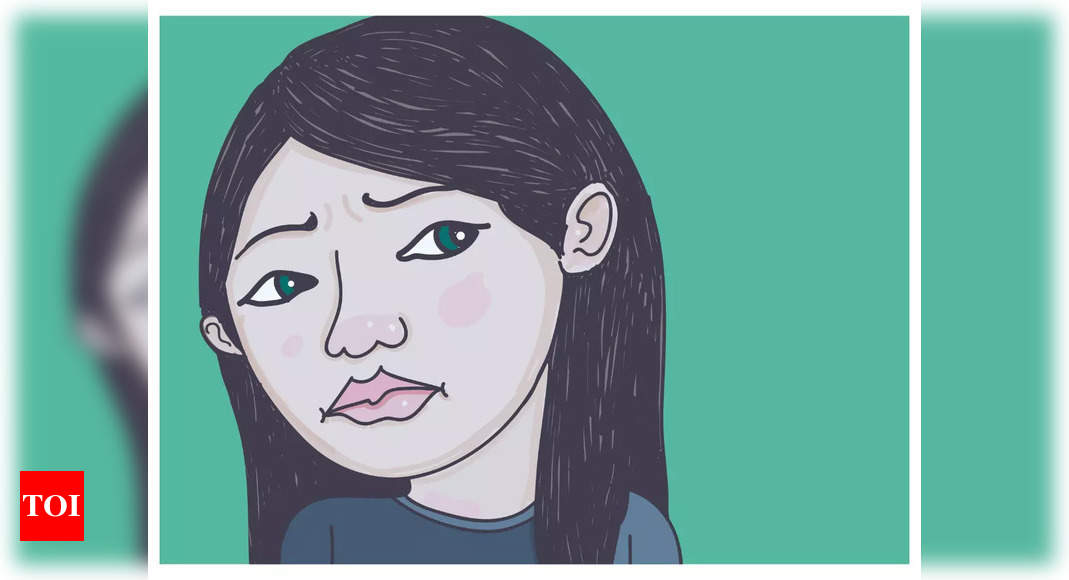“How can I protect my child from peer pressure?” – Times of India
First let’s understand what peer pressure is. It is when people who are your age try to get you to act in a certain way or try to make you do something. Peers don’t always influence you in the wrong manner. This impact is seen most prominently during school years. Many-a-times you will learn a simpler way to remember formulas, smarter way to talk to your teachers or different ways to wear your hair smartly. But sometimes you get influenced in not so good ways too. You might secretly wish to be like them even if they are not really pressuring you – as it is natural to want to fit in.
Jyotsna Ahuja Kapoor, founder, personal transformation, Coach, The White Space, explains, “Peer pressure sometimes challenges the child’s basic concepts of the (non)conditionality of love and acceptance, and uniqueness. The pressure to be seen sometimes causes a great sense of fear of being left behind for those who are more sensitive in nature, and so not comfortable with competitiveness. The act of competitiveness is a modern day covert form of warfare in itself if not handled sensitively and delicately.
The child learns to push ahead forcefully, as a by-product of the development of a competitive approach or outlook. This can be transformed instead, by replacing the “do-or-die” approach with a “put-your-best-foot-forward” approach, where the child is taught to express their most beautiful and unique qualities, and so celebrated. If you have to teach them to compete, do it in the most productive, celebratory way.”
Parents face peer pressure too
Peer pressure just doesn’t afflict children alone. If you have adopted hobbies, goals or values based on what your peer group believes, you are a victim of peer pressure too. A couple reached the brink of divorce when one partner kept insisting the other to take kids on lavish vacations, enroll them in expensive classes, just because her friends were doing so for their children. The husband felt the wife was oblivious to their growing expenses which was in conflict to what he was earning.

Jyotsna explains, “Parents experience peer pressure in two ways, both primarily to do with their own upbringing.
a) Will I be a good enough parent if I (don’t) do the things other parents are doing to keep their kids happy? Will I be judged by society, peers, and other pillars of support?
b) Will my child love me if I deny them something, because I think it is not correct for them? In this case, the parent feels the pressure of being denied acceptance and tolerance by their own child, who has imbibed these very same concepts that the parents themselves practice. The parents are afraid of being too strict, and so the child catches that subconscious influence, and may wield it to get their way. This shows up as peer pressure for the human parent, who desires belonging within the family itself.”
How to help your child deal with peer pressure positively
Feeling peer pressure is inevitable. But how your child deals with it is what is important. Jyotsna elaborates, “Children are a product of the human values their parents embody. If the parents don’t give in to peer pressure to begin with, the children learn to understand how to deal with their equivalent age levels accordingly. They must be taught that true friendship (and so true love) does not force you to do anything. Least of all threatening to exclude you from the friendship itself if you decide to follow your heart and say no.
Children must above all be taught to listen to the voice of love inside them: The starting point always is, “Is this something love would do?” A question I often ask my own child is, “If you were my parent and responsible for my well-being as your child, how would you feel if I insisted on doing this, and you knew it wasn’t safe?”
Should you interfere in your child’s friendships?
Friendships at any age are extremely important for the person, all the more when you are young. That is the age when you learn to pick your tribe. As parents, it is normal to not like a particular friend of your child or see them as a bad influence. Yet, controlling your child’s friendships may be a dangerous terrain to enter. Jyotsna shares some tips below:
“This is a dual aspect. Children are vulnerable and sensitive to influences. Yet the one thing that fails safely is how you are yourself, and so with them. They don’t always do what you tell them to, but they always do what they have seen you really do.
The kind of person you are and your choice of friendships becomes the background voice in their hearts and heads. These become the kind of friendships they engage with. So choose your own influences wisely.
The best approach is to be a best friend with your child first. In this way, you are meeting them at a level that they can find you receptive to their hearts and thoughts. They will share their emotional space with you and you flow together beautifully with all relationships.”
In short…
Teach them to listen to their inner voice
Teach them the true meaning of friendship, which does not force you to do anything or be something
Choose your company wisely to lead by example
Be a friend to your child
Don’t always tell them what they should do
For all the latest lifestyle News Click Here

